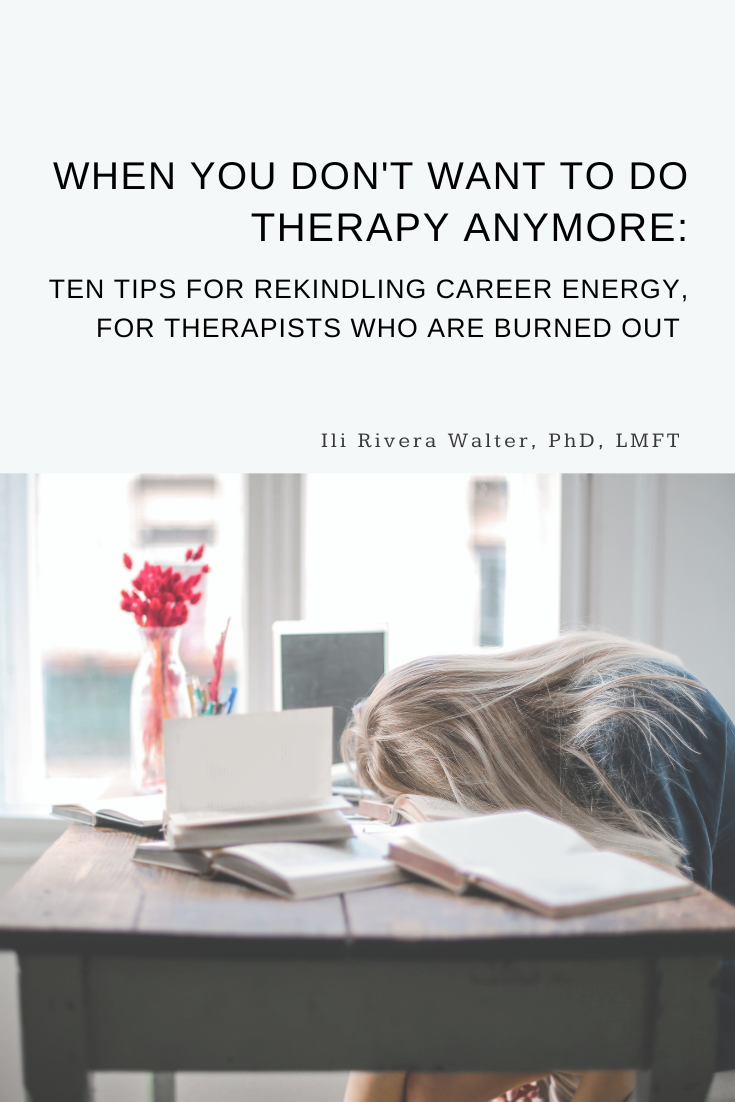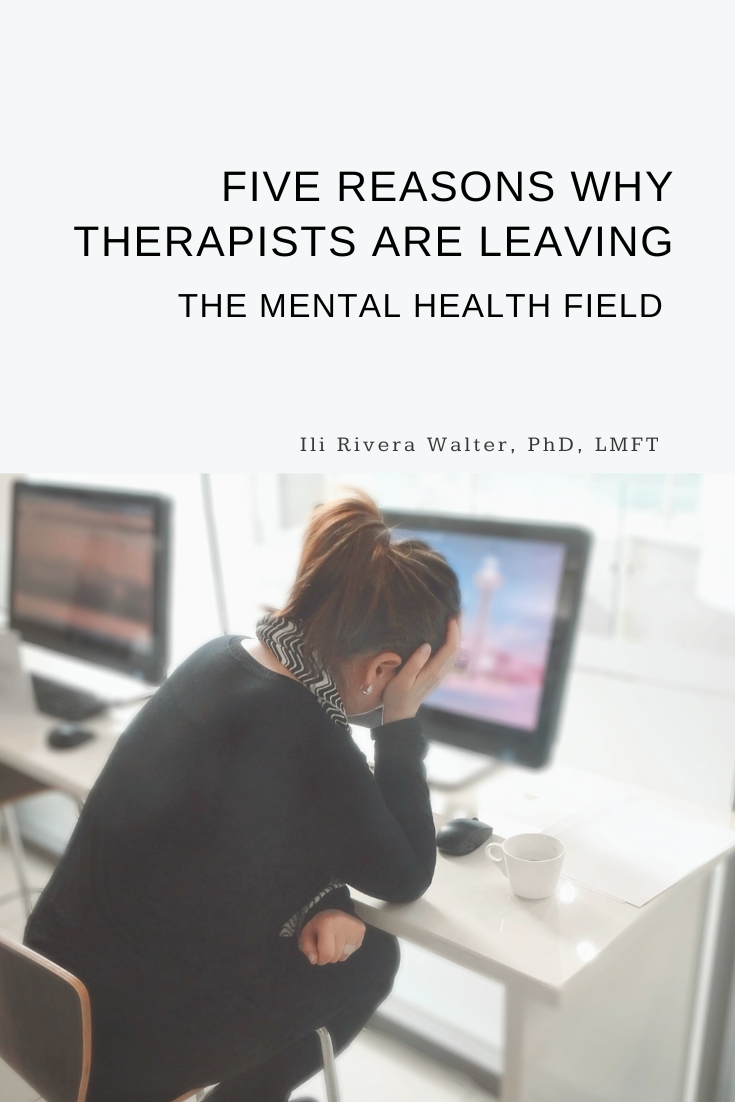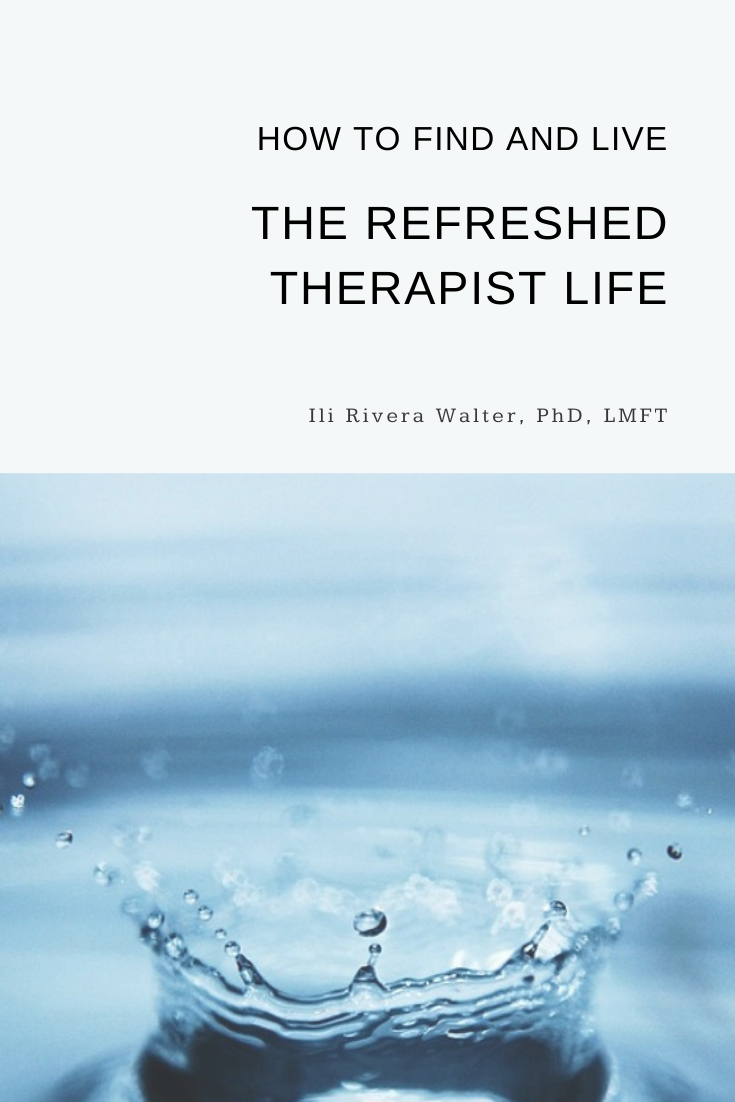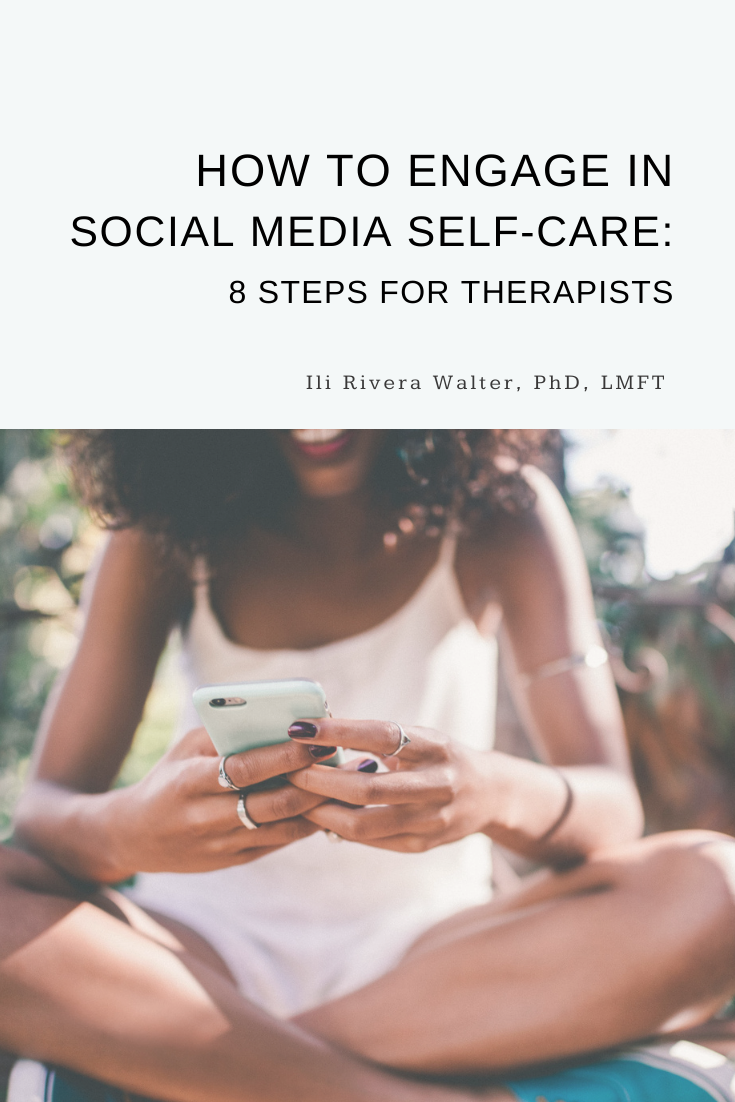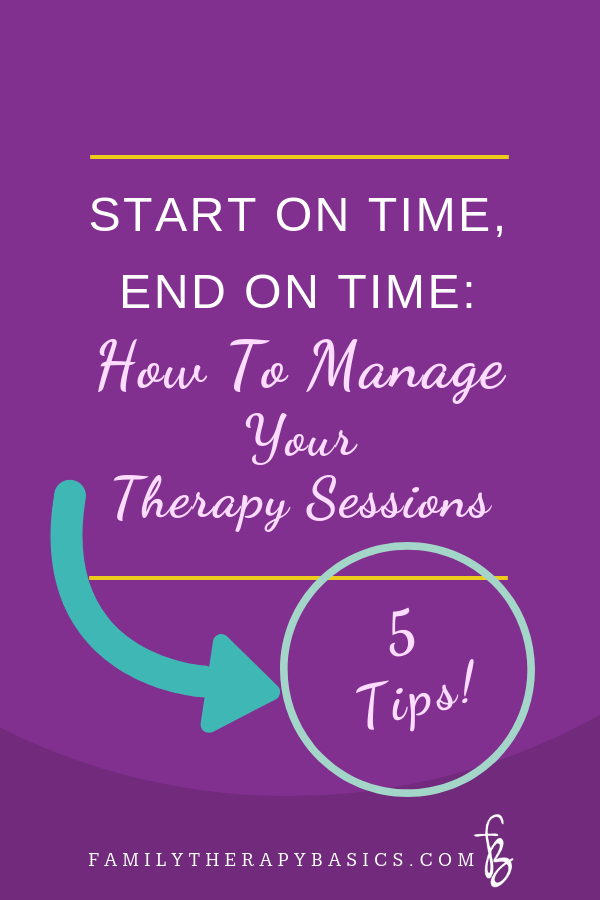Being a therapist is rewarding and challenging; the challenging aspects of our work can take a toll on us personally, which is why it may be wise, at times, to seek therapy. In addition to client work, our training leaves its mark on our everyday functioning and interactions. I have found that the introspection, observation, and attunement that I have developed as a therapist can lead me to overanalyze and experience stressors fully. I am not sure how else to describe this; we therapists see differently. Perhaps some of this is specific to personality type, and perhaps some of it is a result of skills developed within our profession that are difficult to “turn off.”
For this reason, it's commonly accepted that therapists should be in ongoing therapy. I am not sure if I believe in ongoing therapy as a lifestyle, but I do believe that personal work is necessary during therapy training, and that having a therapist on “speed dial” during stressful times is a must. This, of course, means not waiting for a crisis, but becoming intimately familiar with signs that tell you when you are beginning to get worn down, and reaching out for the safe space of therapy.
I have gone to personal therapy over the years, and as a result, I have learned a few things about choosing a therapist that I’d like to share with you today. Here are four tips for finding a therapist:
1| Listen and Act
When you begin to notice signs that you may need support, don’t ignore them. Before you know it, months will go by, and you may not be aware of how your state is impacting your loved ones or your work. Seek support sooner rather than later.
2| Commit
Finding the right therapist may take one week, one month, or longer. Decide that you will continue meeting with therapists for initial sessions until you find the right therapist for you. The right therapist may be obvious in an initial meeting, or may rise above the rest as you reflect on several meetings. There is no one way or right way to choose a therapist; take your time.
3| Keep an open mind
I once had a horrific initial session, during which the therapist read an article to me in order to give me advice; the session felt like a role play rather than an invitation to meaningful conversation. Obviously, this was not the therapist for me, so I moved on.
As I continued my search, I learned that the right therapist for me may practice in a completely different way than I do. I do not need a therapist that holds my therapeutic philosophy or uses my theoretical orientation. It’s true what they say: If the therapist practices authentically, it comes across; and, it turns out, this has been the most important factor for me.
3| Decide what matters most
I let my potential therapist know that I am a therapist, and I do this during the initial inquiry call. For me, it’s important that the therapist I choose have experience working with therapists as clients. I want my therapist to treat me like any other client, but I also want her to be able to consider my situation from a professional and personal perspective. This may not be important to you, but you may have other “musts” for your potential therapist. Be clear on your non-negotiables.
4| Set a time frame and goals
When I go to therapy, my goals are “loose.” My priorities are to process my thoughts and feelings and voice my confusion and uncertainty. Despite my lack of treatment goals, I set a consistent meeting schedule (weekly or every other week), and I commit to attending consistently for a specific length of time. Once I reach the end of my initial time frame, I re-evaluate.
Have some sense of your purpose for attending therapy, such as how you’d like to feel or what you’d like to gain as a result. Being clear about your purpose can keep you focused on the benefits of therapy, foster a view of therapy as a gift you are giving yourself, and allow you to remain reflective about your progress.
Summary
As a therapist, you have knowledge about and views on what therapy is and isn't; this makes you an informed consumer. As an informed consumer, you are able to take your time and be specific about what you are looking for in a therapist as well as what you'd like to gain by going to therapy.
Let's Chat
Let me know in the comments below:
What question do you have about finding a therapist?
What is your #1 tip for therapists on finding a therapist?




